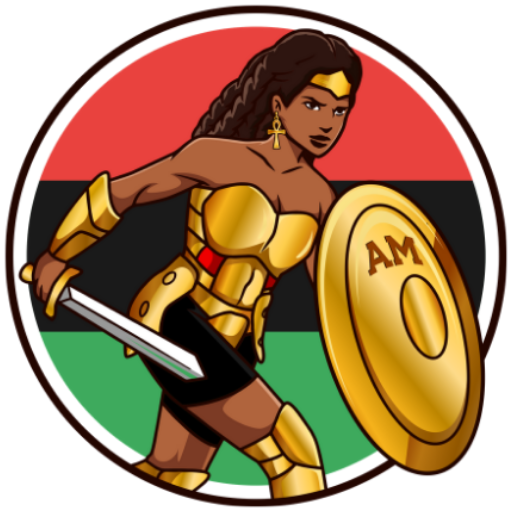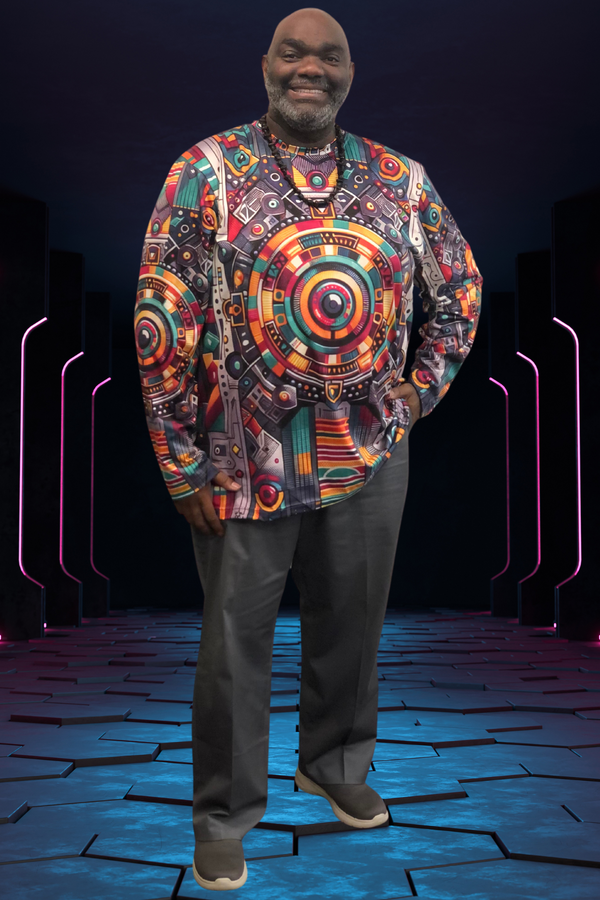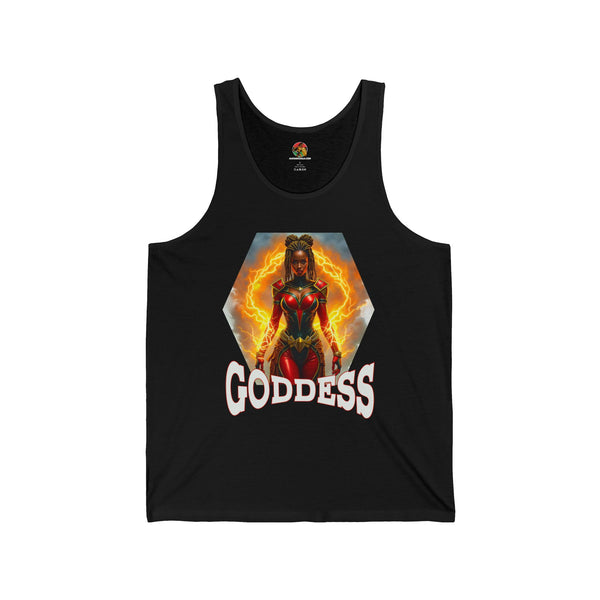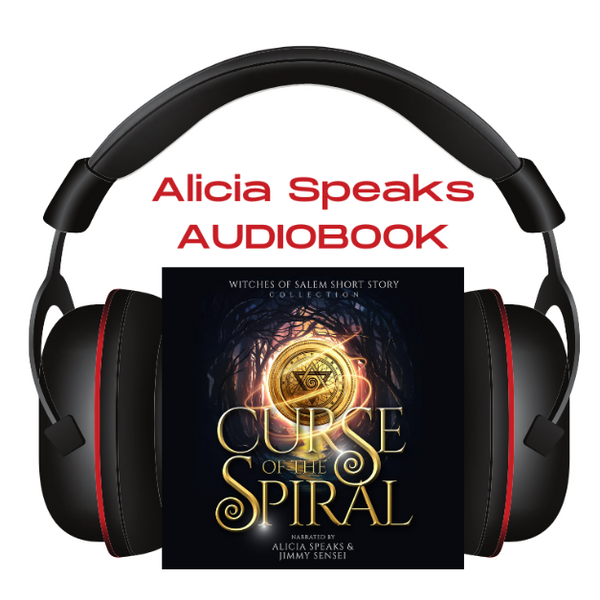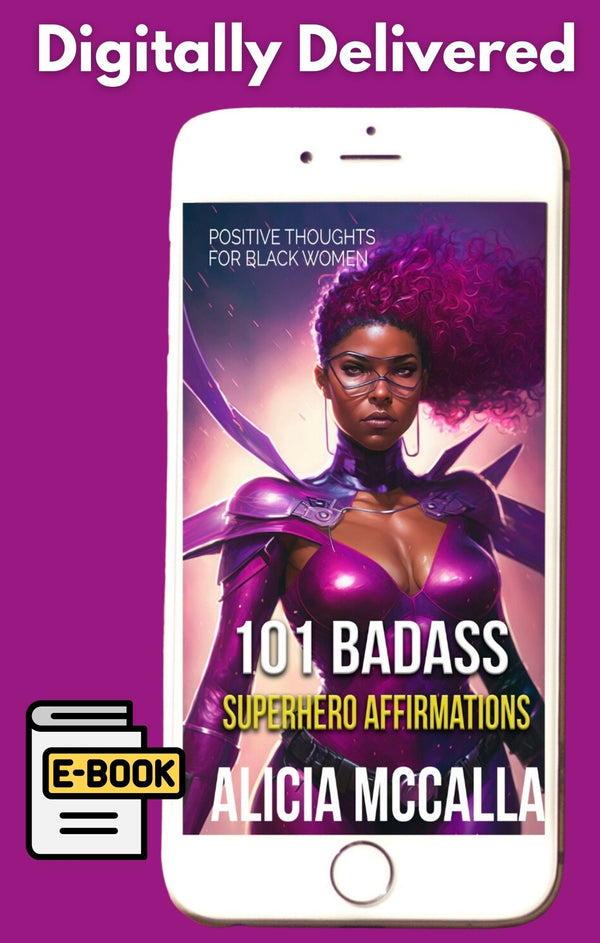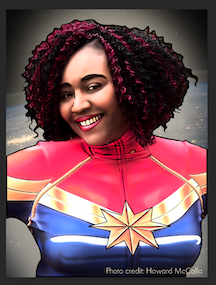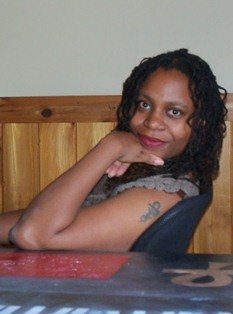
Interview with Kenya Wright: Bringing Africana Culture to the Center of Dark Urban Fantasy
Share
I’m too excited about my interview with author Kenya Wright. She’s agreed to give away a free e-copy of her book. I’ll also give away one e-copy of her book. So I’ll announce two winners on Friday after 5pm from the commenters on my blog about her interview. So, get your questions and comments ready. Here’s her interview.
Kenya, thanks for agreeing to interview with me. I’m too excited about your work. Can you tell the readers a little bit about your writing career and what you write?
I started writing Fire Baptized in the summer of 2011 because I was addicted to the urban fantasy genre and just became so irritated that their weren’t a lot of diversity in that category. Once I finished, I continued to write books that I wanted to read and have been enjoying myself every since.
When I read your first novel, I was enthralled with the level of Africana culture and history, can you share why you believe it’s important to show the Africana worldview and/or why you decided to make it the center of your novels?
It was just something as simple as me wanting a different point of view with magic. I researched various religions and all of a sudden Santeria popped up. I’d already decided that my setting would be Miami, which is a huge location for Santeria believers. Everything clicked together after that.
OK, Kenya, when I read your novels, I get hungry. You have some delicious cultural foods in your series. How did you select the wonderful dishes that you share and is there a story behind the meals?
Wow. Thanks for noticing the food. I often wonder if people ever spot it. I’m a big Foodie. My husband and I are always searching out high-end restaurants in Miami and watching the Food Network channel. I incorporate food into every novel.
I was talking to another writer buddy and we both discussed how beautiful the young woman is on your covers. I love to see a Black woman as the protagonist in paranormal stories. Can you discuss, a bit, about your decision to make a Black woman the focal point of your paranormal series as well as the central love interest and driver of action?
I believe there is a lack of diversity within the urban fantasy genre. As a black reader, I craved a reflection of my own culture among vampires, shapeshifters, and fairies. I think right now we’re at the beginning of an explosion of ethnicity within the fantasy genre as a whole. Traditional publishers and agents are even calling for more main characters with African, Hispanic, and Asian backgrounds. I’m excited!
African textured hair is a powerful image in your novels. I was fascinated in the tasteful way that you show a variety of Africana hairstyles from dreadlocks to Afros. Can you share how adding positive images of African textured hair brought a sense of cultural identity, love, and acceptance to your novels? Have your readers noticed?
I’m a big fan of the literary concept of writing what you know. Like many black girls in the south, I started off with the hot comb and graduated to the perm. Once I went to college, I did it up with the long ridiculous blonde weaves. My first marriage was an abusive one. When I divorced the-man-that-must-not-be-named I shaved off my hair and rocked an afro for years. Now I’m lathered in dreadlocks and loving it!
Black hair is so versatile. Our women can change their hair to fit their moods and beliefs. I had to include it in the novel.
Africana religion is the center of your societal structure. Can you discuss your decision to make Santeria the focal point of your world and if it was a challenge to incorporate it fully? I’ve got to know, did you do intense research or is it your way of life?
Like I said earlier, it popped up in my research and then clicked so well with the Miami setting. The societal structures in the series were a challenge. I spent a few fun months creating the whole world and trying my best to incorporate Santeria in every aspect.
In my eyes, there’s a direct historical connection to the struggles between Civil Rights, Humanism, Pan Africanism, and Liberation in your works. I love that you’ve included this in your series. It incorporates that “Third Worldview” which I feel is missing from traditional fantasy, futuristic, and paranormal stories. Would you share your thoughts about adding third world political conflict and history in your work?
I’m a sociology major that focused a lot on gender discrimination. For some sick reason, topics on inequality get me excited, so adding it into my first novel was a no brainer. Additionally, I believe that if supernaturals did live out in the open the governments would do everything to kill them. This behavior is seen in our history. If large governing bodies didn’t understand, accept, or appreciate the differences of the powerless group, then the weaker ones’ fate leaned toward the negative.
I’ve got to end the interview with the best question ever! Kenya, you’ve written the most complicated, involved love triangle ever! It’s like Twilight big! LOL! BTW, I’m team Zulu! I love that a Black woman is the object of desire, passion, and love. Do you have any thoughts about this? Care to giveaway any future thoughts about the love triangle? I’ve got to ask. J
I love both men, but I’m sure that I will have to choose eventually. I don’t want to cause readers to start vomiting. lol. Some would say that The Burning Bush (Book Two) decides it for Lanore. Others disagree. That’s all I can say about that without revealing too much of Wildfire Gospel (Book Three) which is released April 2013.

Any parting thoughts or information that you’d like to share?
I would love to thank you so much for having me on! It always shocks me when people want to ask me questions. Usually, people are trying to shut me up! I feel loved!
Kenya, thanks so much for your interview. I can’t wait to read the next book in your series.
Kenya Wright is a bestselling author of Dark Urban Fantasy. She writes the Santeria Supernatural Habitat. Find her at http://www.kenyawright.com
